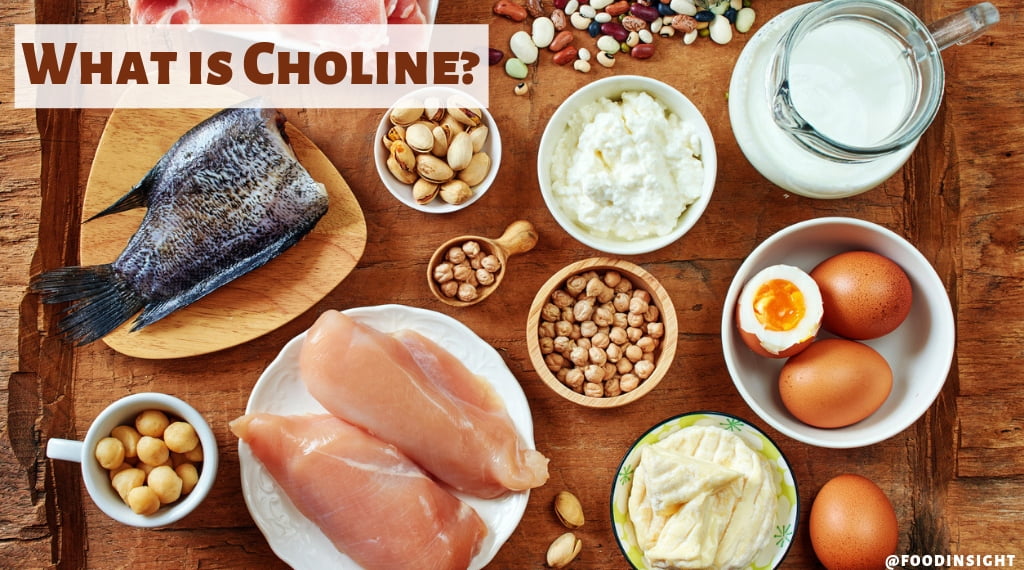Choline is a water-soluble, vitamin-like substance. It is an aminoethyl alcohol with strong alkaline properties. Choline was first obtained in the 19th century from bile.
Choline is necessary for the formation of the myelin sheath of nerves, which is responsible for protection, nourishment, and the speed of impulse transmission in the CNS and peripheral nervous system. The substance also participates in the synthesis of lecithin.
The importance of Vitamin B4 in the body:
- It has membrane-protective (cell membrane protection) and anti-atherosclerotic properties.
- It plays an important role in tissue formation and synthesis of a number of necessary substances.
- It is considered a natural antidepressant and nootropic.
- It is a precursor to the neurotransmitter acetylcholine, which is responsible for signaling in nerve cells.
Additional properties of choline:
- It participates in carbohydrate metabolism in the pancreas, normalizes blood sugar levels.
- It plays an important role in the reproductive system: increases the mobility of spermatozoa.
- Prevents the development of prostate diseases.
- Regulates lipid metabolism.
Vitamin B4 is also necessary for the absorption of fat-soluble vitamins: A, D, E, K.
The source of the substance for the body is food. A certain amount of vitamin is synthesized by our body, but in insufficient quantities for healthy activity. At the same time, choline is partially destroyed in the intestine under the action of microflora.
Sources of Vitamin B4:
- egg yolk
- meat and by-products
- cheese and curd
- fish (sardines, mackerel)
- cabbage
There are no clear symptoms of choline deficiency in the human body. The following signs may indicate a deficiency of the substance:
- Disorders of the nervous system (irritability, nervousness, asthenia).
- Predisposition to diarrhea and other gastrointestinal problems.
- Problems with the kidneys and liver.
- Fluctuations in blood pressure.
- Arrhythmias
Daily need for Vitamin B4:
- children under 1 year – 50-70 mg
- children up to 3 years – 70-90 mg
- children up to 7 years – 100-200 mg
- up to 18 years – 200-500 mg
- adult men and women – 500 mg
During pregnancy, the need increases to 700 mg, choline is critically important for fetal growth.





No Comments